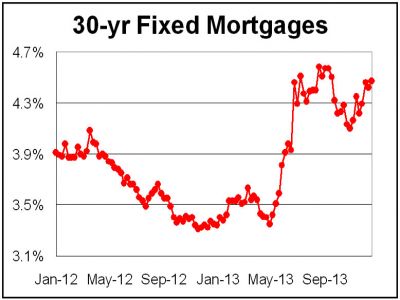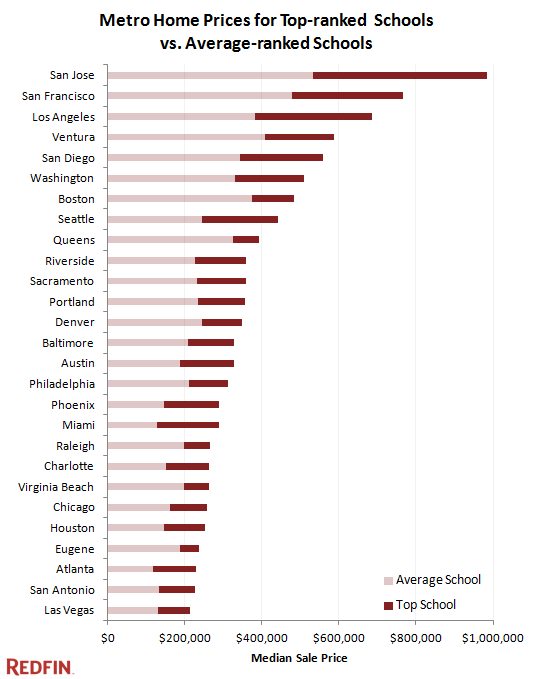 It doesn’t matter how the decision comes about to sell your home; when you’re ready, you’re ready.
It doesn’t matter how the decision comes about to sell your home; when you’re ready, you’re ready.
Knowing when to move on from a relationship is an essential life skill. I’m not talking about romance, but an even deeper relationship: the one you have with your humble abode.
Selling your home is just as big an undertaking as buying one — in many cases, even more so! You’ve made memories in your home, and that can make it hard to see the proverbial writing on the wall.
So how do you spot the telltale signs of an impending property breakup?
You browse your heart out
Surfing real estate listings online has become a favorite pastime. Real estate photos these days are as Pinterest-worthy as any magazine spread, and it’s easy to scroll away the hours looking at pretty pictures of houses.
If you find that your search filters have become more detailed, that you’ve signed up for a Trulia account, and that you’re bookmarking houses with abandon … you may be doing a bit more than just dreaming.
Sometimes the decision to sell your home isn’t a conscious one; it simply becomes apparent through your actions.
Brandon Wilson, a recent home seller in Dallas, found himself in this exact situation.
“I was spending so much time online looking at houses, it practically became my job. Even though I felt happy with the home I had, I finally realized that all the amenities I wanted in my current home could actually be mine if I just moved; I listed my house for sale the next week.”
You obsess over every for-sale sign
Most of us know a real estate professional in our neighborhood. It’s natural to ask about the market in general terms — we all want to know what our house is worth, don’t we?
Even if you aren’t ready to sell your current home, looking at homes for sale can be a fun way to spend a Saturday.
However, if you find yourself cornering the local real estate pro at every neighborhood get-together to discuss market valuations, then you may be more serious about moving than you think.
The same can be said for spending every waking hour driving around to open houses. It’s natural to be curious occasionally about homes for sale in your neighborhood, but if you’re starting to feel like you should have your own HGTV show, then it’s time to move on.
You’re desperate to “right-size” your home
Everyone says time flies, and this is definitely true in real estate. We often find ourselves in a situation that was perfect five years ago but just isn’t filling the bill now.
Maybe you’ve added a family member or two or the kids have all moved out; whatever the change, the outcome is the same — it’s time to “right-size” your home.
If you fantasize about the free time and road trips you could take if you didn’t have 3,000 square feet to maintain, or if every morning you long for a bathroom you didn’t have to share with three kids and a dog, it’s time to list and make your dreams come true.
The first step? Get clear on the reasons that your house is no longer the one for you. Then you can embrace the process and start implementing a plan to make your fantasy home a reality.
[gravityform id=”13″ title=”true” description=”true”]












